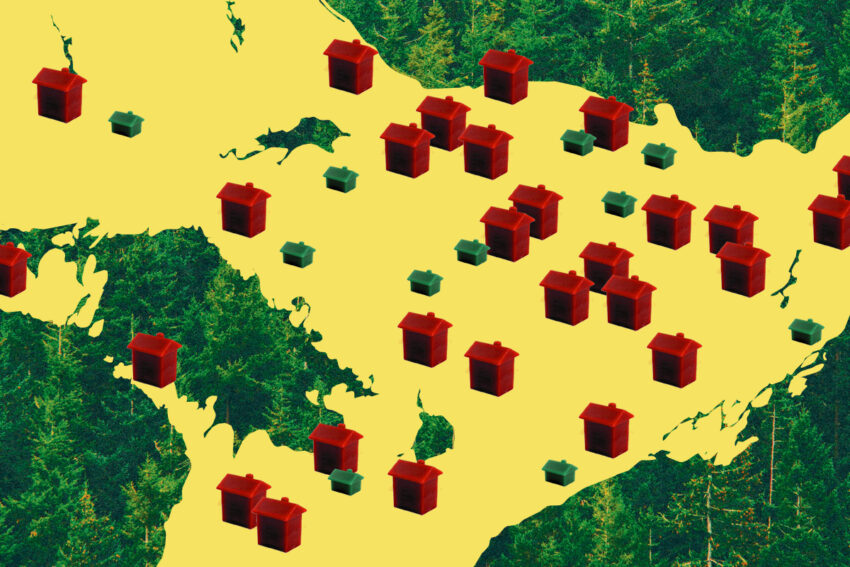In response to Canada’s housing crisis and high-interest rates, the federal government is considering legislating the number of short-term rentals permitted in municipalities.
Government officials, who were not named, told The Globe and Mail that cabinet was hoping to follow through on plans approved in August that would improve housing affordability. One such plan included encouraging municipalities to forward bylaws limiting STRs in the hopes of creating more inventory of long-term rentals. STRs are a growing source of revenue in the accommodation services sector. In 2017, STRs represented 7% of revenue generated by the sector. By 2021, that share had increased to 15%, according to Statistics Canada.
Regulating STRs has been part of the national conversation for years, and attempts have been made across multiple levels of government to intervene. In the late 2010s, Toronto and Vancouver city councils attempted to hold STRs to municipal tax regulations, to little success.
Meanwhile, in cottage country, many municipalities have explored regulations in the last few years. For example, the City of Kawartha Lakes introduced regulations in April that require STR owners to register for a license, get insurance, and pay an annual $1,200 fee for unhosted rentals. Approximately 1,000 out of the 39,000 properties in the city are registered as STRs. Seguin Township rejected a proposal to introduce a bylaw to license and regulate STRs, believing the township’s quality-of-life bylaws would be sufficient for enforcing STRs to comply. Other smaller municipalities have also resisted introducing a program for licensing and enforcement because of how cost-prohibitive it is to set up and maintain.
Over the last year, however, some provincial governments have stepped up efforts to regulate rentals. In April 2022, Nova Scotia made it mandatory for STR properties to abide by municipal land-use bylaws. The province’s Municipal Affairs and Housing department also announced in October 2023 that it will “introduce legislative amendments that will allow higher registration fees for short-term accommodations.”
Some short-term rental owners had hoped Ontario would follow suit to ensure consistency in the way regulations were being applied across the province. An upside to the province getting involved, would have been supporting the municipalities by easing the financial burden of creating a licencing and enforcement program.

